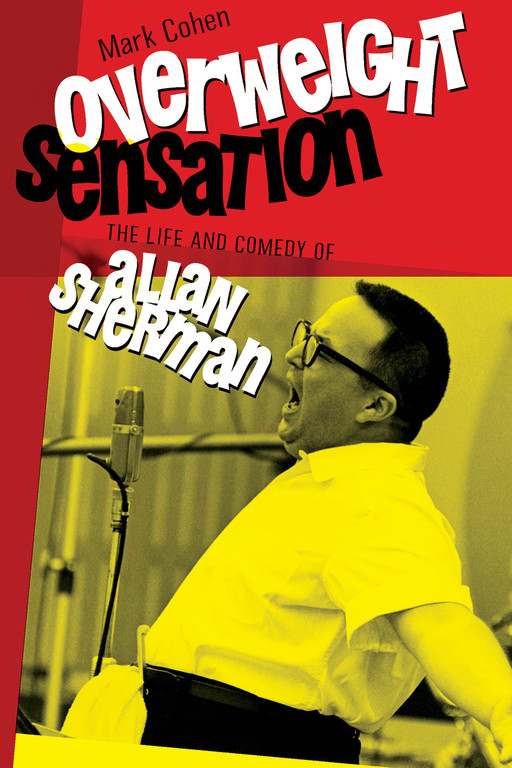‘Hello Muddah, Hello Fadduh’:Allan Sherman was a proud Jewish star
Hailed as a pioneer humorist and inspiration for today’s Jewish comedians, Allan Sherman, the product of a broken home whose oft-married mother was determined to break the links to her Jewish past, broke the taboo against emphasizing Jewish identity.
On the 50th anniversary of Sherman’s Grammy Award-winning “Hello Muddah, Hello Fadduh,” Queens native Mark Cohen has published “Overweight Sensation: The Life and Comedy of Allan Sherman.”
“Allan Sherman was one of the first Jewish American comedians to openly embrace his Jewish identity and write about the Jewish community in America as it was actually living in the current daily life without sentimentality and nostalgia for the earlier immigrant period,” Cohen told The Jewish Star. “He wrote about the ordinary prosaic life of Jews in America,” with the song “Sarah Jackman” presenting a “portrait of Jewish-American life in 1962.”
Sherman was a product of an unstable and disturbed childhood. His father left the family early on, his mother remarried several times, and they moved frequently throughout the country. His mother rejected Judaism and tried to hide her Jewishness, changing the family name to de-Jewify it.
Sherman, on the other hand, “was open and unembarrassed about being Jewish — he was proud of it, he loved being Jewish,” said Cohen.
Sherman was close to his grandparents who were openly Jewish and he changed his name to theirs — Sherman. “It was his way of thumbing his nose at his mother and all she stood for. His mother’s life was a failure by living the life of a lie.”
Because of his “crazy mother and father and stepfather,” Sherman saw the “world as so completely mad and insane” that he “wasn’t interested in living a life of rules” and would “do what he wanted to do,” Cohen explained, and also “glorified childhood.”
Cohen sees Sherman as an “important figure in Jewish life,” a “shrewd observer of Jewish life” and “insightful regarding Jewish American culture,” whose parodies took “memorable, extremely non-Jewish songs, and made them Jewish.” He hopes his book, the first expansive biography of Sherman, will “lift him up as an object of serious consideration.”









